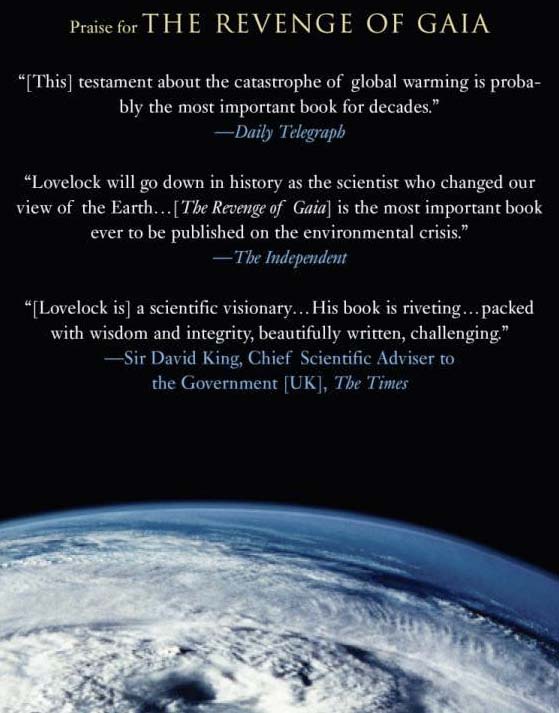 National | Snow covered the Jebel Jais area for only the second time in recorded history yesterday.
National | Snow covered the Jebel Jais area for only the second time in recorded history yesterday.So rare was the event that one lifelong resident said the local dialect had no word for it.
According to the RAK Government, temperatures on Jebel Jais dropped to -3°C on Friday night. On Saturday, the area had reached 1°C.
Major Saeed Rashid al Yamahi, a helicopter pilot and the manager of the Air Wing of RAK Police, said the snow covered an area of five kilometres and was 10cm deep.
“The sight up there this morning was totally unbelievable, with the snow-capped mountain and the entire area covered with fresh, dazzling white snow,” Major al Yamahi said.
“The snowfall started at 3pm Friday, and heavy snowing began at 8pm and continued till midnight, covering the entire area in a thick blanket of snow. Much of the snow was still there even when we flew back from the mountain this afternoon. It is still freezing cold up there and there are chances that it might snow again tonight.”
Aisha al Hebsy, a woman in her 50s who has lived in the mountains near Jebel Jais all her life, said snowfall in the area was so unheard of the local dialect does not even have a word for it. Hail is known as bared, which literally translates as cold. “Twenty years ago we had lots of hail,” said Ms al Hebsy. “Last night was like this. At four in the morning we came out and the ground was white.”























